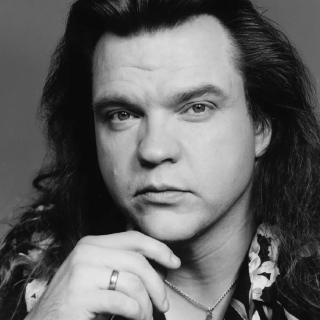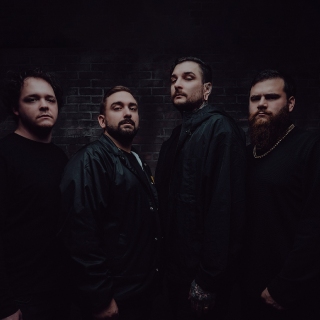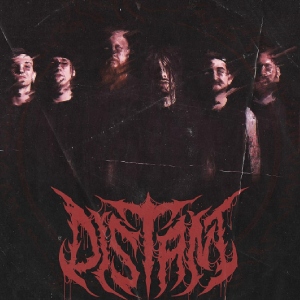Upcoming concerts in Salvador 2024
Find concerts, live music, festivals and tour dates near Salvador: buy tickets for 2024/2025 shows.
Popular cities for live music and concerts, Brazil:
São Paulo Rio de Janeiro Fortaleza Belo Horizonte Brasília Curitiba Manaus Recife BelémAbout Salvador
MUSIC
Salvador, the capital of the state of Bahia in Brazil, reverberates with the fusion of Afro and Brazilian music, making it a cultural epicenter for music lovers. The city is the birthplace of Axé music, a genre that fuses reggae, samba, and Caribbean influences, creating an infectious dance beat. Salvador's historic Pelourinho district is alive with the sounds of percussion, as local bands and street performers play traditional instruments like berimbaus and atabaques. The city hosts the world-famous Salvador Carnival, a massive street party with trios elétricos (musical floats) and blocos afro (African-inspired carnival groups) that draw millions of revelers. Salvador also has a strong connection to Candomblé, an Afro-Brazilian religion, and its music and dance rituals.
Axé is a genre characterized by its infectious rhythms and upbeat melodies. Artists like Daniela Mercury, Ivete Sangalo, and Claudia Leitte are among the pioneers of axé music, infusing traditional Afro-Brazilian beats with pop elements. Salvador is also a stronghold of traditional Afro-Brazilian music and dance forms, such as capoeira, a martial art disguised as a dance, which is accompanied by rhythmic berimbau music.
Salvador has also contributed significantly to Brazil's samba-reggae movement, blending elements of samba, reggae, and Afro-Brazilian percussion. Bands like Olodum and Timbalada have played a crucial role in popularizing this genre. Salvador's music scene is not limited to these genres; it also embraces various styles, including rock, hip-hop, and electronic music. The city hosts music festivals and events that celebrate this diversity, showcasing both local talents and international artists.
CULTURE
The city's historic Pelourinho district, a UNESCO World Heritage Site, showcases colorful colonial architecture, churches, and cultural centers like the Fundação Casa de Jorge Amado, dedicated to the renowned Bahian author. The city's cuisine reflects its multiculturalism, with dishes like acarajé (black-eyed pea fritters) and moqueca (fish stew) tantalizing the taste buds. Salvador's festivals, such as the Lavagem do Bonfim and the Festa de Yemanjá, celebrate Bahian traditions, offering immersive experiences into the city's cultural roots.
HISTORY
Founded by the Portuguese in 1549, Salvador was the first capital of Brazil before it was moved to Rio de Janeiro, and eventually to Brasília, the current capital. As the first capital of Brazil, Bahia served as a major port for the sugar trade. The city's historic Pelourinho district was a focal point of the African diaspora, and today, it stands as a symbol of Afro-Brazilian heritage. Salvador was a center of resistance against slavery, with historic sites like the Church of Bonfim representing the struggle for freedom. The city's strong Afro-Brazilian influence is evident in its religious practices, music, and cultural traditions. Salvador's diverse history, from colonial rule to Afro-Brazilian empowerment, has shaped its identity as a cultural powerhouse, making it a must-visit destination for those seeking a deep dive into Brazil's heritage.

.jpg)

.jpg)
.jpg)

.jpg)
.jpg)

